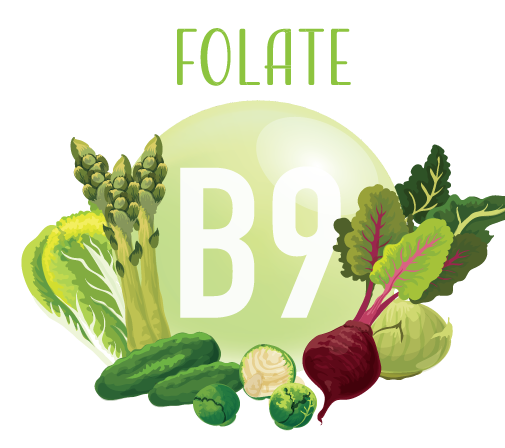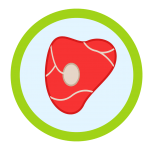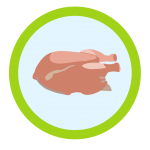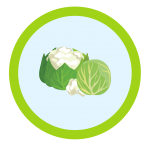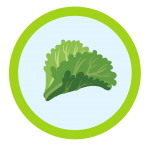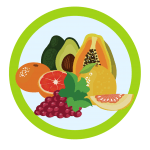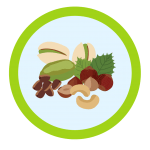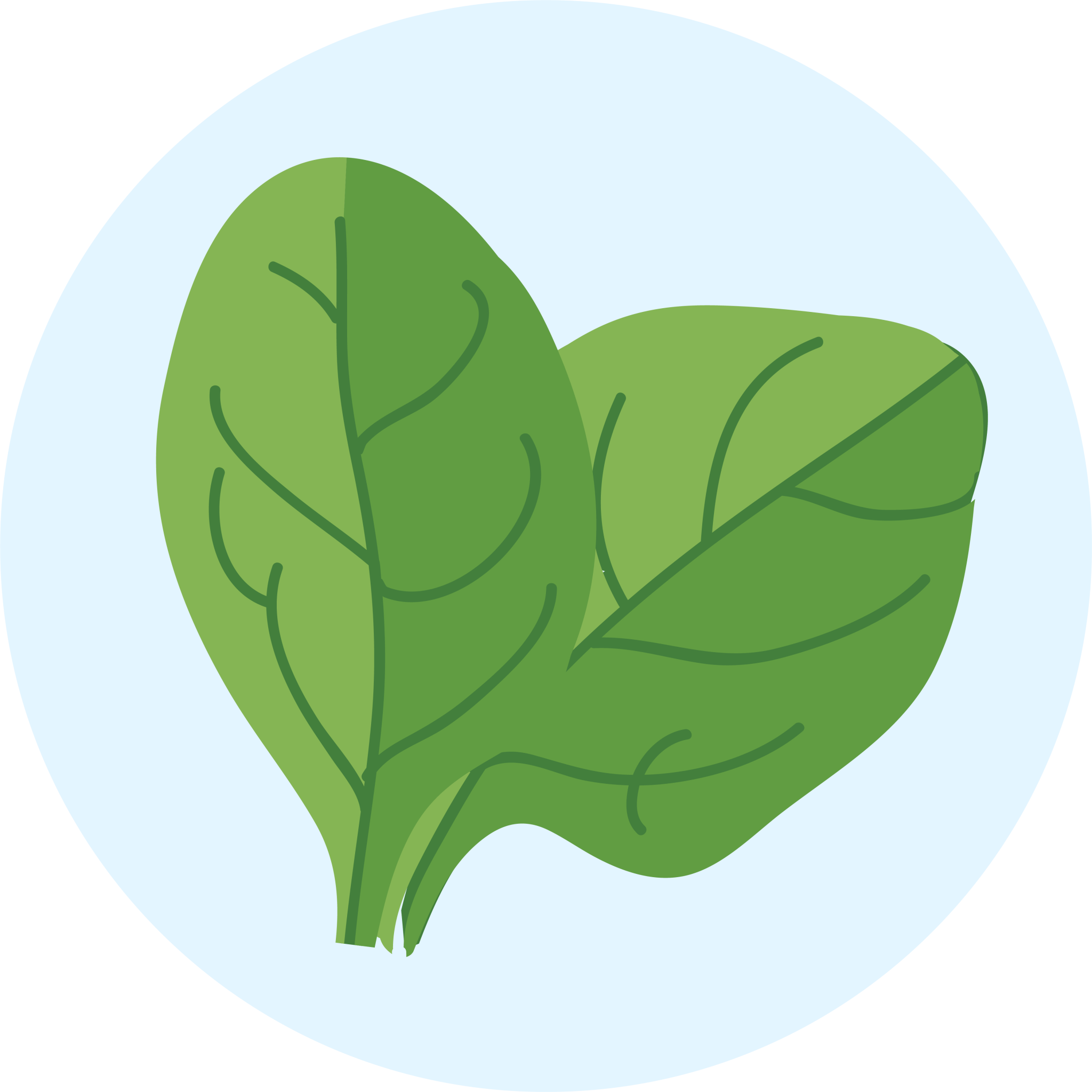The Benefits of Folate Foods: Indulge in Nutritious Delights
Folate, also known as vitamin B9, is crucial for our health. Many people may need to become aware of the importance of this essential nutrient involved in numerous bodily functions, from DNA synthesis to red blood cell formation.
What Is Folate?
Folate is a water-soluble vitamin, specifically vitamin B9. It aids in DNA synthesis and repair, supports cell division and growth, and is essential for proper brain function. Without adequate B9, our bodies cannot function optimally.
The Importance of B9 in Your Diet
B9 is essential for pregnant women, as it helps prevent significant congenital disabilities of the baby’s brain and spine. Therefore, maintaining a diet rich in B9 is crucial for overall health.
Folate vs. Folic Acid: Understanding the Difference
Many people may need to be aware of the importance of this essential nutrient. It plays a role in numerous bodily functions, from DNA synthesis to red blood cell formation.The body absorbs and utilizes folate more efficiently.
Here are some top B9-rich foods to consider:
Adults should consume 400 micrograms (mcg) of intake per day. Pregnant women should increase their intake to 600-800 mcg per day to support proper fetal development.
Improving family nutrition can be done with good meal planning. Our Fuel Board has quick recipes to try. To make grocery shopping and meal prep easier, you might want to check out the FeedMeFood meal planner.
